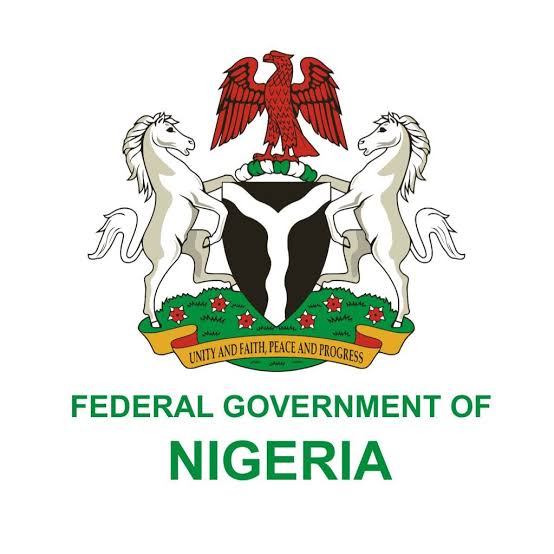The Federal Government has announced plans to review electricity tariffs in a bid to boost liquidity in the power sector, a move that has sparked strong opposition from consumers and the private sector.
Proposed Tariff Adjustment
- The government aims to align the tariffs of Band B and C consumers with the N206/kW rate currently paid by Band A users, who make up 15% of Nigeria’s 12.82 million electricity consumers.
- Under the existing structure:
- Band A (20+ hours supply): ₦209/kWh
- Band B (18–17 hours supply): ₦63/kWh
- Minister of Power, Adebayo Adelabu, described this disparity as unfair and stressed the need for tariff regularisation.
- The plan includes eliminating Bands D and E to create a more balanced pricing system.
Massive Sector Debt
- The FG owes over ₦4 trillion in electricity subsidies:
- ₦2 trillion in legacy debts to power generation companies (Gencos).
- ₦1.9 trillion subsidy debt for 2024.
- ₦450 billion owed to distribution companies (Discos).
- Adelabu warned that these debts have crippled the sector, affecting power generation, infrastructure maintenance, and gas supply payments.
Public & Industry Outrage
- Consumers & Private Sector Leaders slammed the proposal, calling it insensitive given Nigeria’s unstable power supply and economic hardships.
- All Electricity Consumers Forum: “It is criminal to consider tariff hikes when Nigerians don’t even have reliable electricity.”
- Nigerian Association of Small-Scale Industrialists: “The government is detached from reality. Why not focus on alternative power sources instead of burdening citizens?”
- Nigerian Economic Summit Group: “Past hikes lacked data justification. This will worsen Nigeria’s cost of living and business crisis.”
What’s Next?
While the government insists that a cost-reflective tariff will drive investment in the sector, opposition remains fierce. Stakeholders demand improved supply and infrastructure upgrades before any price increases.








